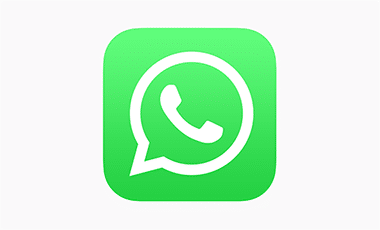The National Information Technology Development Agency (NITDA) has warned WhatsApp users to exercise caution when using the application following an alleged data breach by the company.
Hadiza Umar, Head of Corporate Affairs and External Relations at the agency, issued the warning in a statement on Wednesday in Abuja.
On Nov. 16, an actor posted an advert on a popular hacking community platform claiming they were selling a 2022 database of 487 million WhatsApp user mobile numbers.
The database allegedly contained WhatsApp user data from 84 countries, including over 32 million US user records.
The post also said that most of the phone contacts belonged to citizens of Egypt, 45 million; Italy, 35 million; Saudi Arabia, 29 million; France, 20 million; and Turkey, 20 million.
“Following the alleged leak of nearly 500 million WhatsApp users’ mobile phone numbers globally, including over nine million contacts from Nigeria.
“There is an impending danger of threat actors using this data to carry out malicious activities, thereby putting many at risk.
“Such information could be used to perpetrate cyber attacks such as smishing and vishing,’’ Umar said.
According to her, smishing involves sending unsuspecting users text messages and asking them to click on links or provide personal information, which can be used to scam victims and launch attacks.
Umar said, “Vishing entails cybercriminals using phone calls and voice messages to manipulate or manipulate unsuspecting recipients into revealing sensitive information for fraudulent acts.
“In this regard, NITDA’s Computer Readiness and Response Team (NITDA-CERRT) is alerting the public, most especially instant messaging platform users to be wary of unsolicited calls, voice notes and messages from unknown numbers.
“To avoid being victims, users must enable two-factor authentication on your instant messaging app.
“Do not reveal personal information on your profile and do not respond to requests from untrusted or unknown contacts asking for personal data, passwords or other verification codes through messages or calls.’’










